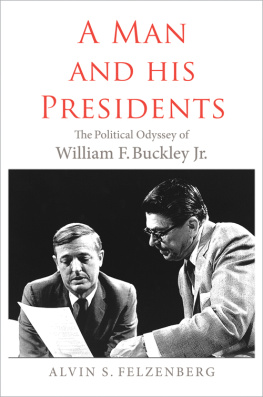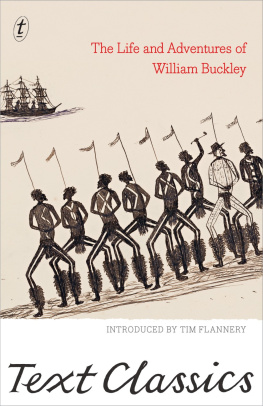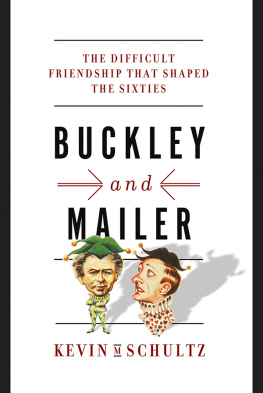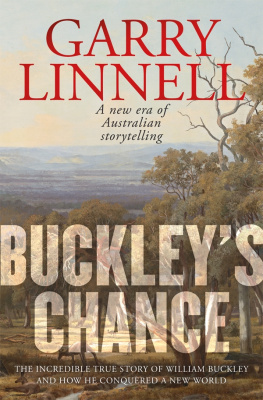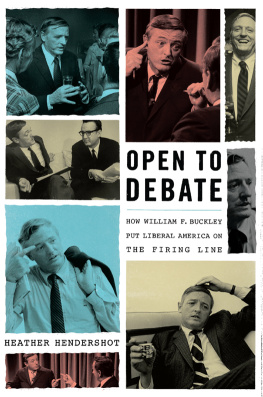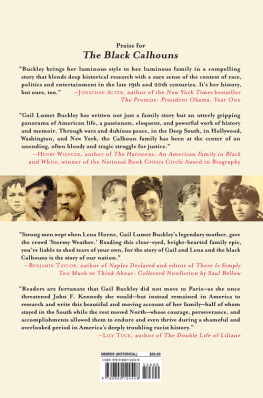
A M AN AND H IS P RESIDENTS
ALSO BY ALVIN S. FELZENBERG
The Leaders We Deserved (and a Few We Didnt): Rethinking
the Presidential Rating Game (2010, 2008)
Governor Tom Kean: From the New Jersey Statehouse
to the 9-11 Commission (2006)
The Keys to a Successful Presidency, editor (2000)
Evolution of the Modern Presidency: A Bibliographical Survey,
with Fred I. Greenstein and Larry Berman (1977)

Published with assistance from the Mary Cady Tew Memorial Fund.
Copyright 2017 by Alvin S. Felzenberg. All rights reserved. This book may not be
reproduced, in whole or in part, including illustrations, in any form (beyond that
copying permitted by Sections 107 and 108 of the U.S. Copyright Law and except by
reviewers for the public press), without written permission from the publishers.
Yale University Press books may be purchased in quantity for educational, business,
or promotional use. For information, please e-mail (U.S. office) or
(U.K. office).
Set in PostScript Electra and Trajan type by IDS Infotech Ltd.
Printed in the United States of America.
Library of Congress Control Number: 2016953816
ISBN 978-0-300-16384-1 (hardcover : alk. paper)
A catalogue record for this book is available from the British Library.
This paper meets the requirements of ANSI/NISO Z39.48-1992 (Permanence of
Paper).
10 9 8 7 6 5 4 3 2 1
To the memory of Paul E. Sigmund Sr., 19292014
Professor of Politics, Princeton University, 19642014
In gratitude

C ONTENTS

P REFACE
When friends, colleagues, and relatives learned that I was writing a book about William F. Buckley Jr., they almost universally had the same response: Oh, what fun! Fun was a word often associated with Buckley. On November 3, 1967, during my first semester in college, he made the cover of Time. Beneath a David Levine drawing of him appeared the words: William Buckley/ Conservatism Can Be Fun. (Weeks prior to that he had been the freshman orientation speaker at the university I was attending.)
Buckley had come into my life just two years earlier, in 1965. I was sixteen and a sophomore at Irvington High School in New Jersey; Buckley was running for Mayor of New York City. Already interested in politics, I was enthralled by the mayoral debates that had become a major component in the campaign taking place across the Hudson River. There was Republican Congressman John V. Lindsaythe next John F. Kennedy, according to some press accounts. Lindsay was young, handsome, tall, and said to be in the race because he needed a bigger office from which to run for President. There was the City Comptroller, the older, shorter, silver-haired Democrat Abraham D. Beame, a man very much of the clubhouse. He had been on the city payroll since 1946 and had the demeanor of a man running for Mayor primarily to augment his city pension.
Then there was Buckley. He was articulate, knowledgeable, witty, and urbanehardly attributes people associated with conservatives. He used multisyllabic words I could not comprehend. He made no attempt to conceal his contempt for his opponents intellectsor his boredom when they recited platitudes. Lindsay was serious and sanctimonious and Beame self-disciplined and polite. Only Buckley appeared to be enjoying both the campaign and the spotlight. Buckley had a smile that could light up an auditorium, as George F. Will noted in a column after Buckleys passing in 2008. And that attribute of his was much on display in the fall of 1965.
Buckley was clearly not in the race to win or to improve his chances of attaining another post later on. He had a broader goal in mind: to turn the Republican Party into the natural political home for conservatives and to offer up alternative solutions to problems in a city that seemed in perpetual crisis after decades of New Deal liberalismand about to receive a new dose of it from Lyndon Johnsons Great Society, which was just taking hold. All this seemed a tall order, given that just a year before Buckley ran for Mayor in a city that saw itself as the capital of American liberalism, the nations most prominent conservative, Barry Goldwater, had lost the presidential election to LBJ in an overwhelming landslide.
Because a strike had shut down the citys newspapers for much of the campaign, television and radio became the primary means through which people could follow the mayoral race. I tuned in to the multiple debates primarily to hear Buckleys latest one-liners. Lindsay and Beame learned early on not to tangle with him. (I discovered only later that Buckley had been a champion debater at Yale.) The unconventional solutions he offered to the citys problems were, for me, almost an afterthought. Yet, they struck me as reasonable. Why had they not been tried years ago?
Eventually, I learned that I was not alone in my discovery of this new phenomenon that went by the name Buckley. A year after the election, while on my way to class, I ran into a friend I had known since the first grade. She was carrying a copy of Buckleys recently published memoir of the campaign, The Unmaking of a Mayor. Were you following the election for Mayor of New York last fall? she asked. I had indeed. Isnt he a riot? She did not need to mention Buckleys name. Buckleymania had arrived in, of all places, the overwhelmingly Democratic Irvington. Who would have thought?
I began following Buckleys column in the Newark Evening News. In an age before professional SAT tutors had turned themselves into an industry, I prepared for the test, in part, by devouring Buckleys writings. His columns were about the same length as the essays in the reading comprehension section. Surely some of the multisyllabic words he was introducing me to would appear on the vocabulary component. (Many did.)
I also began to pay closer attention to what Buckley was actually saying. Before I encountered him, the only book by a contemporary self-identified conservative I had read was Barry Goldwaters Conscience of a Conservative. (I later learned that Brent Bozell, Buckleys brother-in-law, had ghosted it.) I discovered that Buckley was about more than fun. He was both what Christopher Hitchens (in a tribute in the Weekly Standard) called a man of incessant labor and what the French have in mind when they speak of un homme sricux.
Buckley used his wit to attract the attention of the uninitiated to what he had to say. I could always count on him to offer a perspective different from that of most other commentators. Most of them saw their mission as passing along the conventional wisdom of the times, which was decidedly liberal. I began to seek out Buckleys books. The first one I read was The Unmaking of a Mayor. Next came Up from Liberalism and Rumbles Left and Right. (I did not pick up God and Man at Yale until I was well along in college, where I also delved into back issues of National Review.) Buckleys television program Firing Line premiered during my junior year in high school. By the time I graduated, I was hooked.
At the time, I had no idea how much of Goldwaters firepower and, later, that of Ronald Reagan, who was elected Californias Governor a year after Buckley ran for Mayor, originated in the mind of a man who operated out of a cluttered office on East 35th Street, played the harpsichord, sailed the great oceans, spoke with a sort-of-British accent, and so worshipped gadgetry that he once devoted an entire column to the metallic balls that came with his IBM Selectric typewriter. (You can actually change the font!) A picture of Buckley pecking away at that machine adorned the cover of his book
Next page
